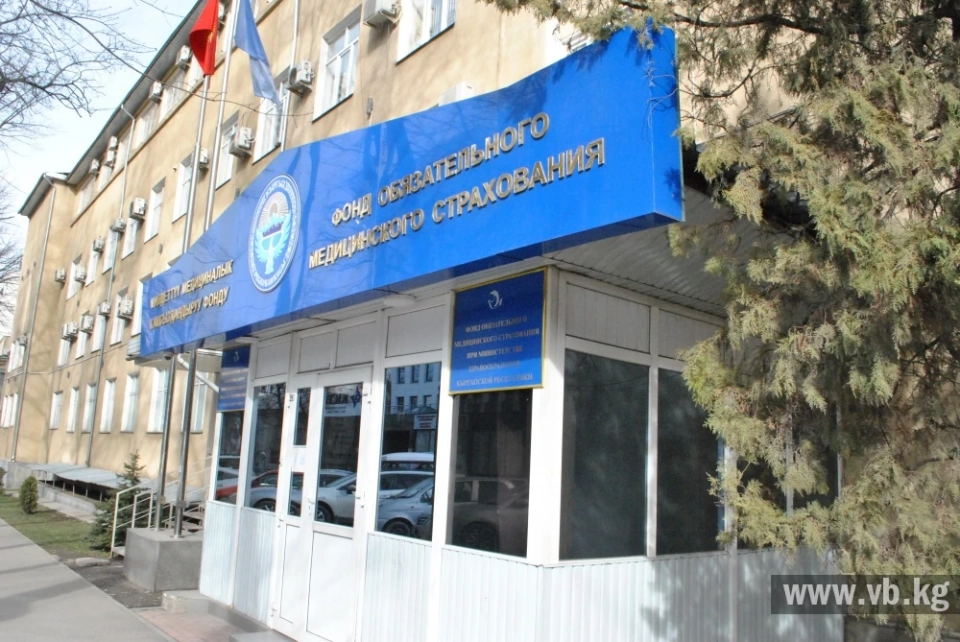Here are the areas where pension funds can be utilized:
1. Payments for retirees:
- Citizens who have reached retirement age and receive payments according to the law "On State Pension Social Insurance" can count on the funds in the accumulated part of their personal insurance account. This also applies to those who are eligible for a pension and have already applied for it, provided they have pension savings.
2. Moving abroad:
- Individuals who have moved or plan to move permanently to other countries have the opportunity to access their savings held in personal insurance accounts.
3. Inheritance:
- Heirs of insured individuals who have passed away can access the pension savings registered in their personal accounts.
4. Payments for military personnel:
- Military personnel can access funds from the accumulated pension fund upon reaching the age of 63, provided there are funds in their accounts in the GNPPF. It should be noted that during their service, military personnel do not make contributions to the Social Fund. This option is available to those who worked in civilian professions before or after service and contributed to the fund.
5. Mortgage lending:
- Citizens and their spouses who have mortgage loans or are paying for housing rental agreements with subsequent purchase under a government program can use their pension savings for a down payment or mortgage repayment, as well as for participation in shared construction.
6. Support for the unemployed:
- Individuals officially recognized as unemployed are entitled to receive funds from their pension savings, considering the established minimum subsistence level for the working-age population.
7. Treatment of serious illnesses:
- Citizens and their families facing severe illnesses can access funds from their pension savings early to finance treatment.
The list of diseases for which early access to pension savings is possible:
1. Malignant neoplasms of stages II, III, IV (according to the international classification Tumor Node Metastasis, 2 clinical group).
2. Blood diseases: acute leukemia of all forms; aplastic anemia; hemophilia.
3. Diseases of the circulatory system: congenital or acquired heart defects; rhythm and conduction disorders; chronic coronary disease (including angioplasty, coronary artery bypass grafting, chronic aneurysm, and heart failure); arterial diseases requiring surgery; complicated forms of obliterating endarteritis.
4. Liver cirrhosis and chronic liver failure: hepatitis B and C at stages 4-5; those in need of organ transplantation or who have already undergone it.
5. Patients with stage 5 chronic kidney failure who are on hemodialysis.






















